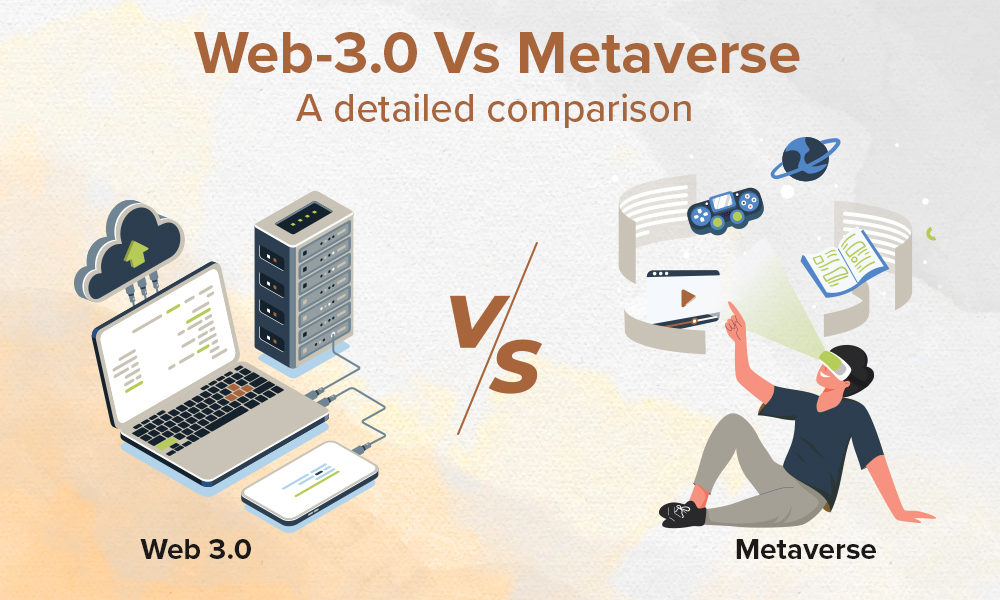Blockchain has emerged over the past few years as a key technology in both the private and public sectors. The technology can disburse resources, track and keep records of transactions. Currently, blockchain technology is changing the face of many industries and it is the belief of many stakeholders that the technology will function efficiently for humanitarian purposes. United Nations Secretary once noted that fraud and financial mismanagement is a major issue of the international aid system. Financial misappropriation has riddled the good works done by Charities and Non-Profits globally.
Financial Mismanagement of The International Aid System
In 2016, the American Red Cross was accused of diverting 25% of the Haiti donations to its own internal expenses. This value is far more than the charity has earlier disclosed. Interestingly, Red Cross cannot give an accurate account of its spending in Haiti due to the complex, inaccurate and manipulative accounting system it employed. Most charities like the Red Cross has a weak or non-existing internal auditing system to keep them on track. This and much more has raised questions on whether donations are used wholly intended and planned purposes. An individual donor has the capacity and access to trace their donation through the charities to the other side.
Building Trust Using Blockchain
Due to the large amounts of financial resources charities manage using complex accounting procedures and the need for research, Blockchain technology will benefit charities in many more ways than one. Blockchain would be solving the issues of trust that have hindered many from contributing to charities. It will also help to raise the donation ceilings for those ready to donate more to charities. In clear terms, it will enhance trust which is an essential element of charities. By utilizing blockchain technology, donors can see the clear pictures of who has given what to whom.
One important benefit of utilizing Blockchain for charities overlooked by many is the ease of donation. Through cryptocurrencies, donors can easily make payment to charities without a visit to the bank. This could also increase the response time to emergencies by charities or non-profits. In responding to natural disasters, donations will be swiftly received without relying on third parties.
Non-Financial Resources Through Blockchain
Recognizing the impact blockchain technology could have on Charities and Non-Profits, a 20 Page report was released by The Charities Aid Foundation. The report noted that Blockchain technology could expand the notion of donation beyond financial resources. According to the report, intangible resources like intellectual properties will be easy to donate. It also noted that new businesses will be able to incorporate philanthropy into their smart contracts to solve societal problems in form of social responsibility.
Level of Adoption So Far
Currently, there are several Charity platforms utilizing the Blockchain Technology; Alice, Charitychain.io and Giveth are peculiar examples. Charities like Unsung, Bitgive and Giveth are already accepting Cryptocurrencies as donations. With this wave of change, other mainstream Charities and Non-profits are with with no option other than to jump on the Blockchain technology in order to stay relevant in the delivering of their goals.



.jpg)
